Issues Under Discussion

Rail Growth Capitalization IntelliConference
North American freight railroads require significant capital investments and strategic alignment among multiple stakeholders. One core cause of diminished growth capital is that freight railroads operate over private networks vs. other modes operating over public networks. This has created an imbalance of risks and rewards for investors. Intelligent collaboration among the private sector investment community, rail management, and government will foster a rail growth strategy that strengthens a multimodal network, incentivizes public and private investment, and optimally serves supply chains. The key to facilitating this long-term growth strategy is to broaden investors’ valuation horizons, integrate public policies, and empower rail management.

Rail Business Culture Transformation IntelliConference
The Class I rail industry’s historical and cultural dynamics and recently adopted business strategies have contributed to a post-2006 market share and volume decline. Focusing on short-term profitability, cost-cutting, and an outdated corporate culture has negatively impacted customer success and satisfaction, employee morale, expertise retention, and innovation. There is a compelling opportunity to transform the railroad business culture to support a more vital contribution to supply chain efficiency and satisfaction, success, and safety for all stakeholders.
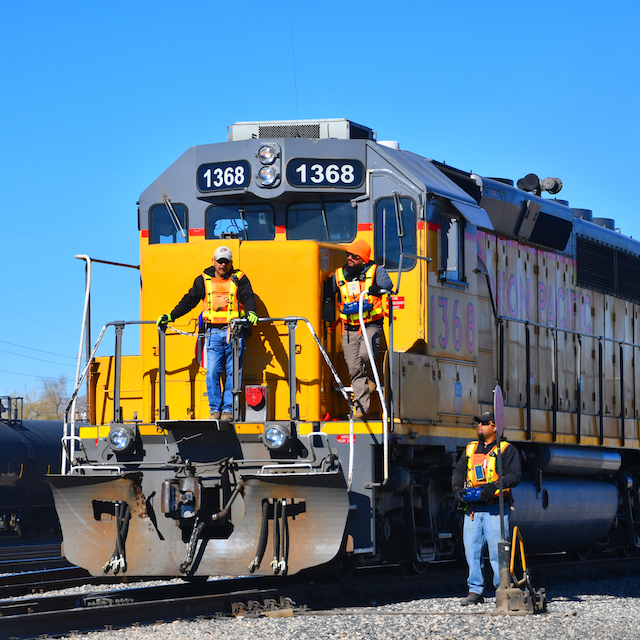
Rail Management – Rail Labor IntelliConference
Railroads and rail unions are filled with people dedicated to safety and organizational success. Their relations are often fraught with misunderstandings and missed opportunities. Creating a collaborative and trusting environment will leverage the strengths and contributions of all railroaders and is essential for the industry to grow and prosper.

Rail Regulatory Excellence IntelliConference
Rules and regulations are promulgated in reaction to various events and experiences. Often, they develop a life of their own, untethered to the original intent and absent awareness of system consequences, frustrating stakeholders. Improvements are often challenging as individual industries and companies beseech government from a vested interest point of view. A robust set of recommendations informed objectively by all perspectives is critical to meet urgent safety, productivity, financial, and environmental goals.
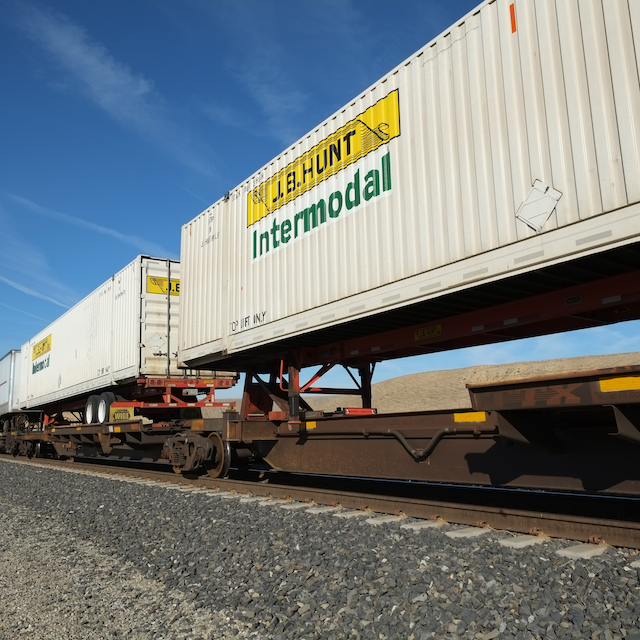
Rail Trucking Coordination IntelliConference
Rail and trucking each have their strengths and limitations. In an unplanned system, those limitations leave unwelcome performance gaps. In an integrated system, each mode’s strengths can be optimized. It is time to apply collaboration and coordination to create a freight system that best leverages and integrates modal strengths and enhances financial returns for each mode.
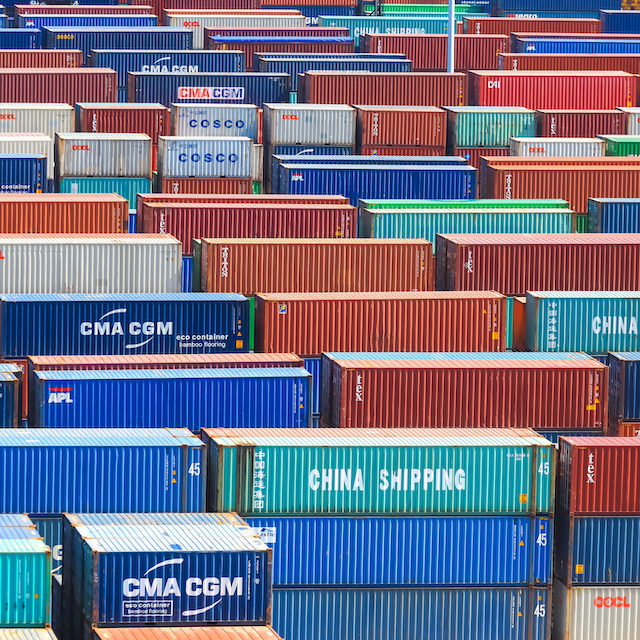
Containerized International Freight IntelliConference
Globalization of supply chains has exacerbated congestion and chaos in how containerized freight is moved through North America. Stakeholder groups involved in containerized international freight face significant inefficiencies in the current use of ISO containers, chassis, trucks, railroads, ships, and related infrastructure.
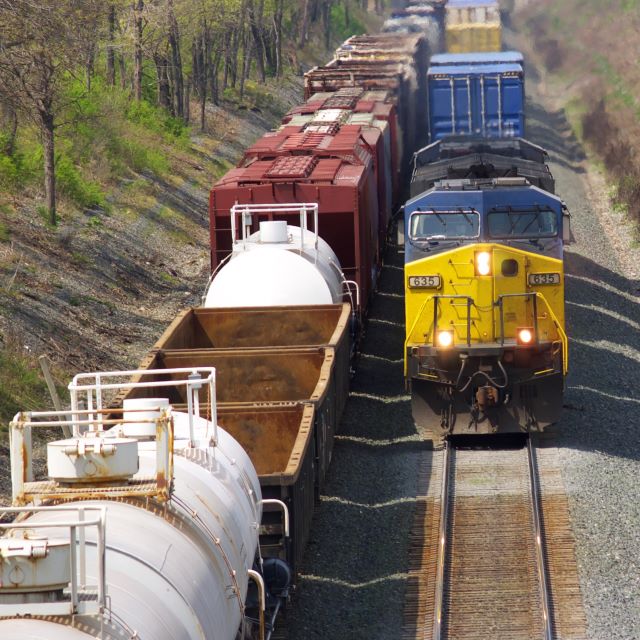
Revitalizing the Rail Carload System IntelliConference
There is an urgent need to reflect on and reinvent our rail carload system in light of the decline of coal shipments, reshoring and reindustrialization, new natural resource development, increasing population and freight demand, and urgent environmental, congestion, and financial challenges.

Rail Technology Adoption IntelliConference
Technology adoption by freight railroads has a long history, driven by internal business agendas, external regulation, and shipper requirements. Existing technologies can either be improved incrementally or replaced completely by new technological advances. This dynamic pace of change is challenging to manage, exacerbated by organizational silos and varying perspectives among vendors and in-house developers. Technology, especially software and communications, is increasingly relied on for safe and efficient operations and business processes. There is an inclination to replace human labor with technology because of technology’s superior ability to handle some types of complexity consistently. However, human intelligence is broader and more nuanced. The goal must be to optimize the interaction between technology and humans in complementary systems that empower situationally aware decisions.

Rail Energy Efficiency IntelliConference
There is an urgent need to improve the sustainability of how freight is moved. Technology choices for reducing the energy requirements of moving railcars are being advanced by many disparate commercial actors and policymakers. Progress on these developments can only be accomplished effectively through large-scale collaboration. It is time to transform how we collectively evaluate and commit resources to major new technology options.
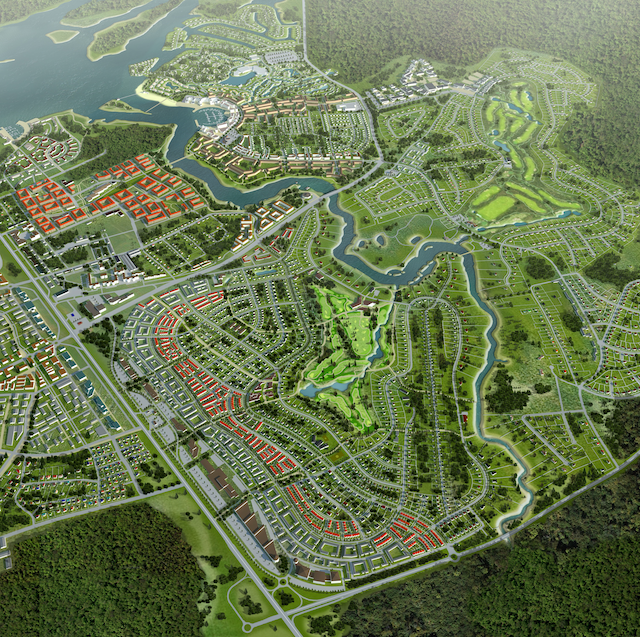
Freight Transportation Land Use IntelliConference
The planning paradigm for industrial development has excluded the implications of site selection on the movement of freight to and from a property. This blind spot in land planning has had negative economic, environmental, and social consequences. Ensuring the quality of community life in municipalities, regions, and continents requires thoughtful coordination of land use decision-making with local and national supply chains, freight networks, and industrial systems.
